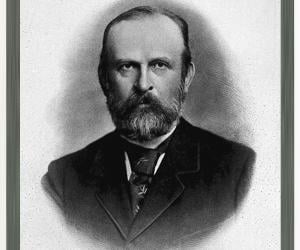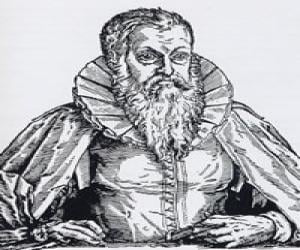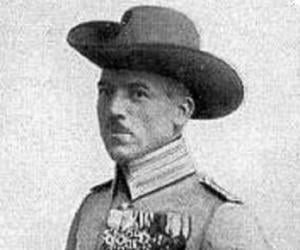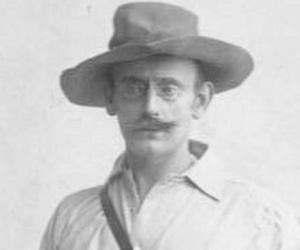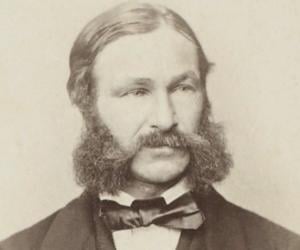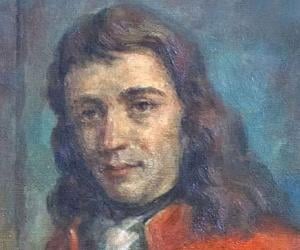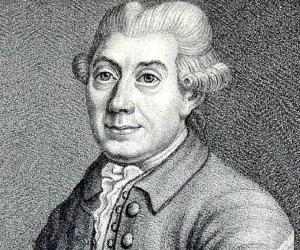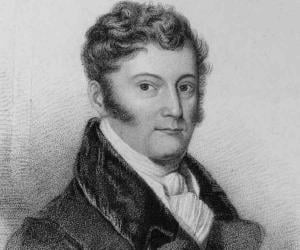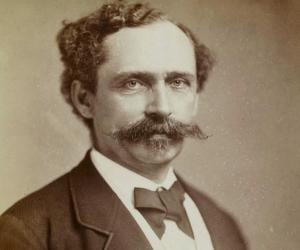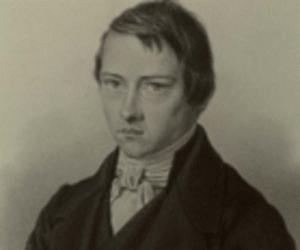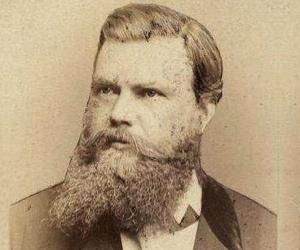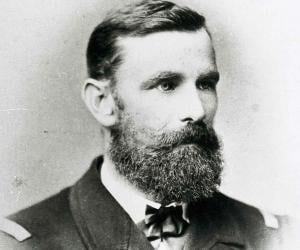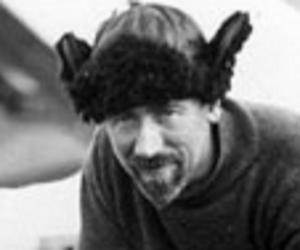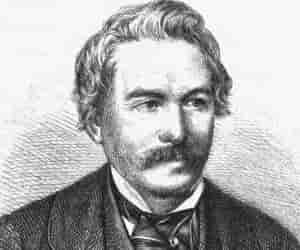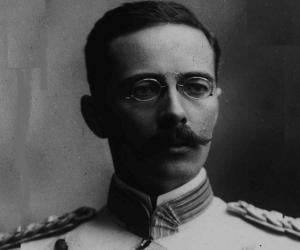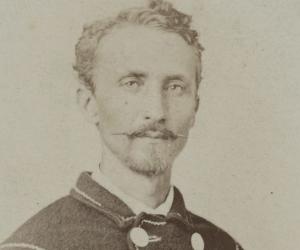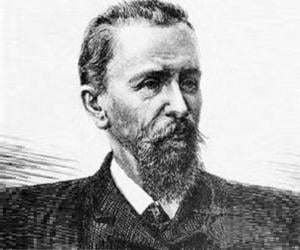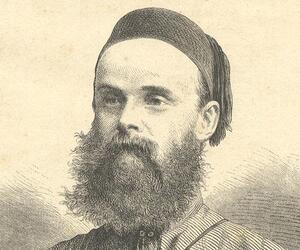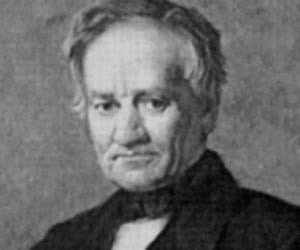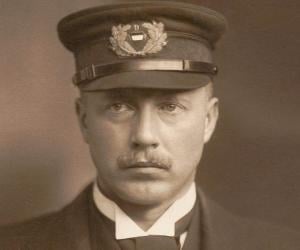1
Laura Dekker
(New Zealand-Born Dutch Sailor Who Completed the First Solo Circumnavigation of the World)

21
9
Birthdate: September 20, 1995
Sun Sign: Virgo
Birthplace: Whangarei, New Zealand
Laura Dekker is a Dutch sailor known for her record-breaking solo circumnavigation of the globe. In 2010, she embarked on this journey in her 12.4-meter two-masted ketch named Guppy, successfully completing it at the age of 16. Despite facing legal hurdles initially, Dekker's determination and passion for sailing led her to achieve this remarkable feat. Her adventurous spirit and sailing skills have inspired many, cementing her reputation as a talented and fearless sailor in the maritime world.
